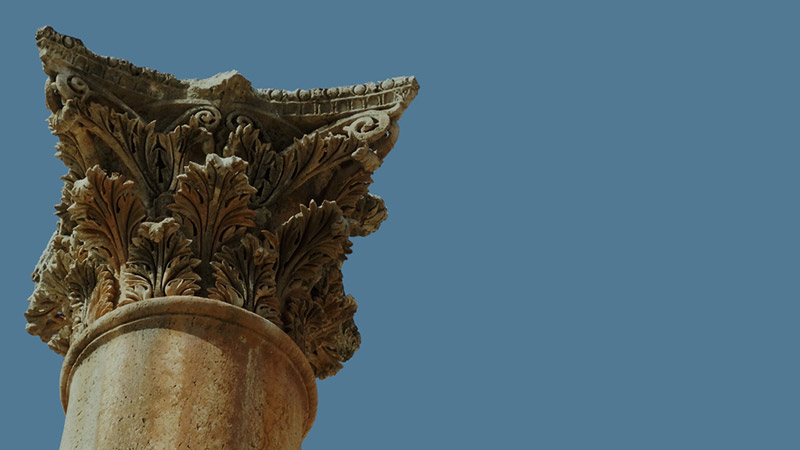Select Marker to See Location Name
You Searched "Kidron Valley, Jerusalem, Israel"
-
Volume 15
Volume 15 | A Clash of Kingdoms
-
Volume
15.2 | The Believers
-
Volume 14
Volume 14 | The Mission of Jesus
-
Volume 10
Lesson 10.1 | Build Me a Sanctuary
-
Volume 10
Lesson 10.2 | Making Space for God
-
Volume 9
Lesson 9.4 | The Mountain of God
-
Volume 8
Lesson 8.1 | How Big is Our God?
-
Volume 6
Lesson 6.4 | Living Stones
-
Volume 1
Volume 1 | Promised Land
- LOAD MORE
- SHOW ALL
































































